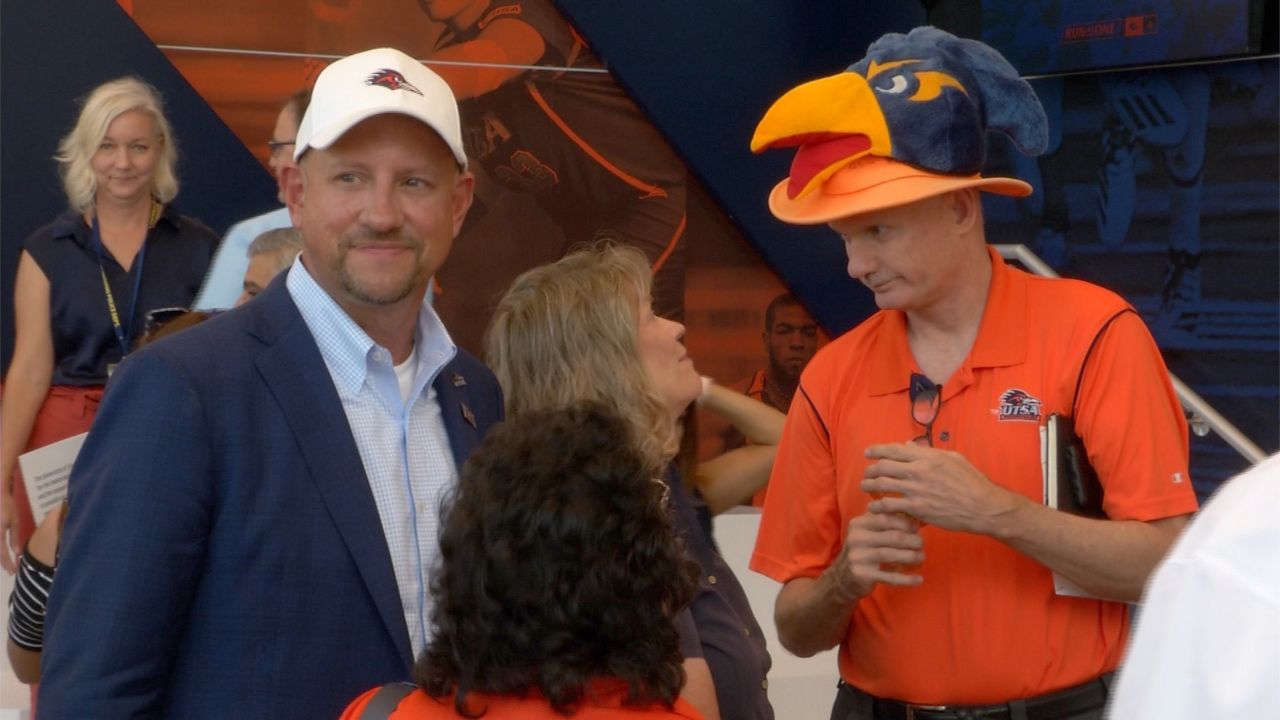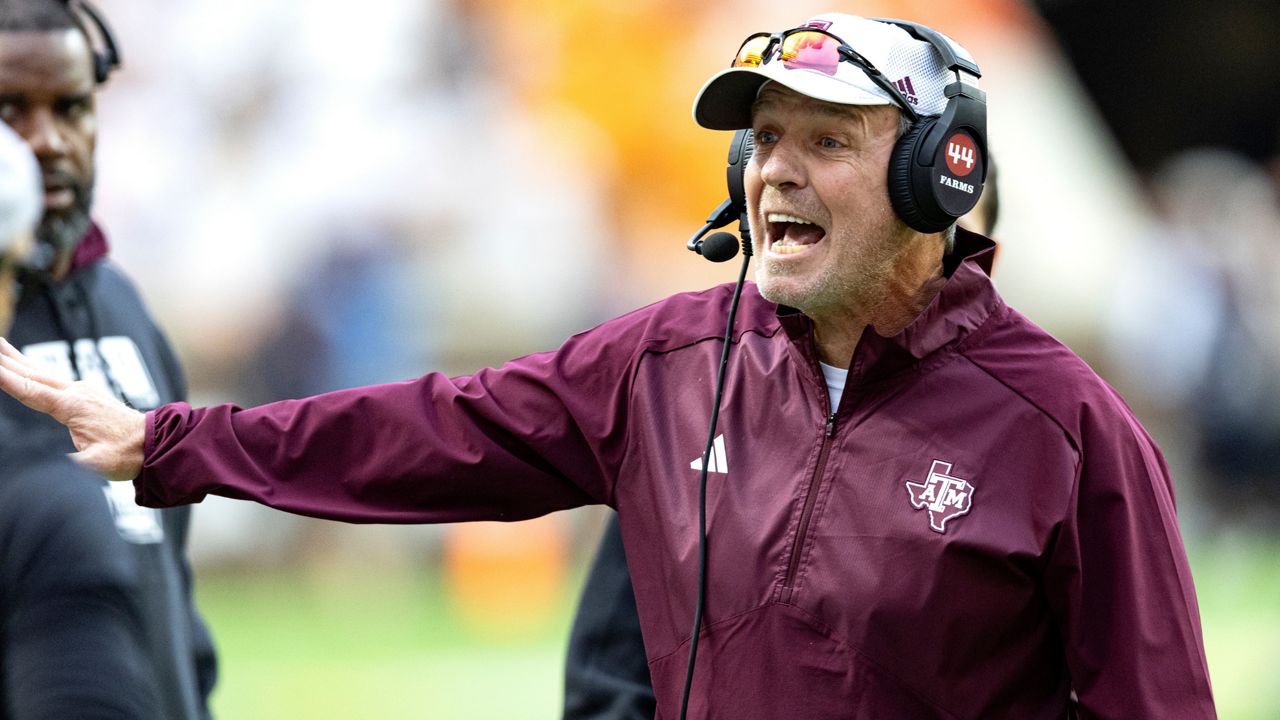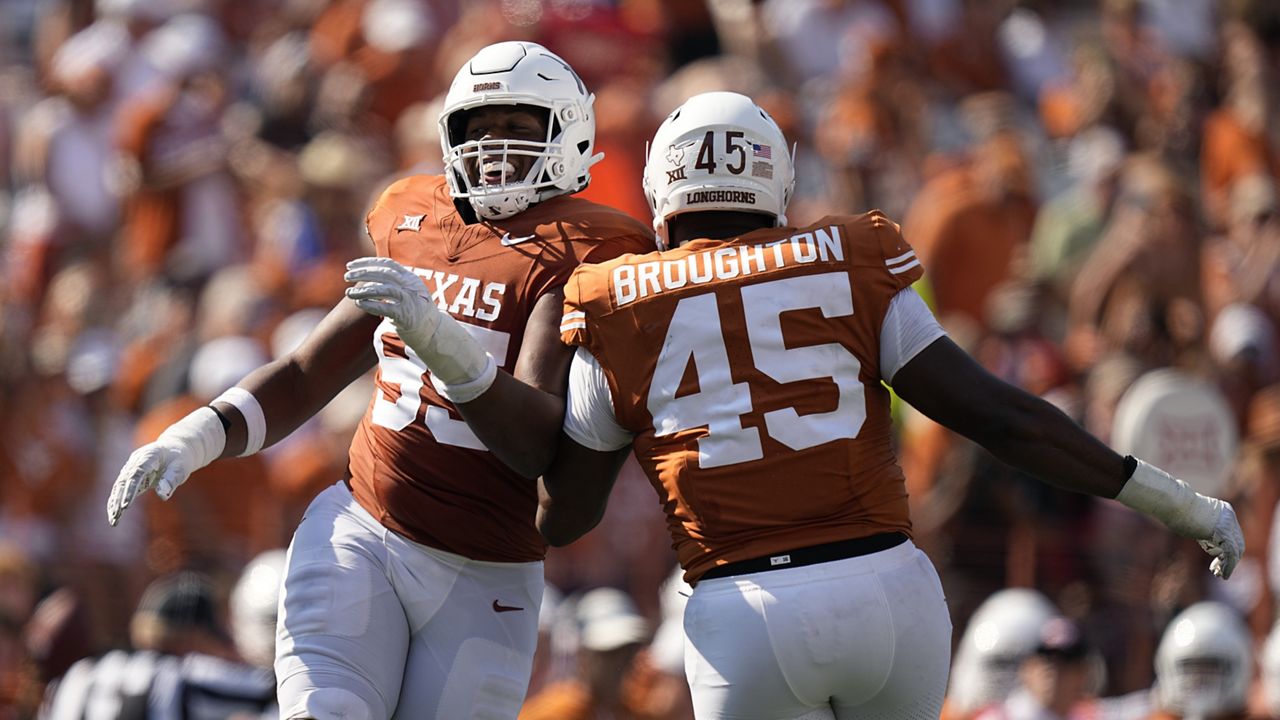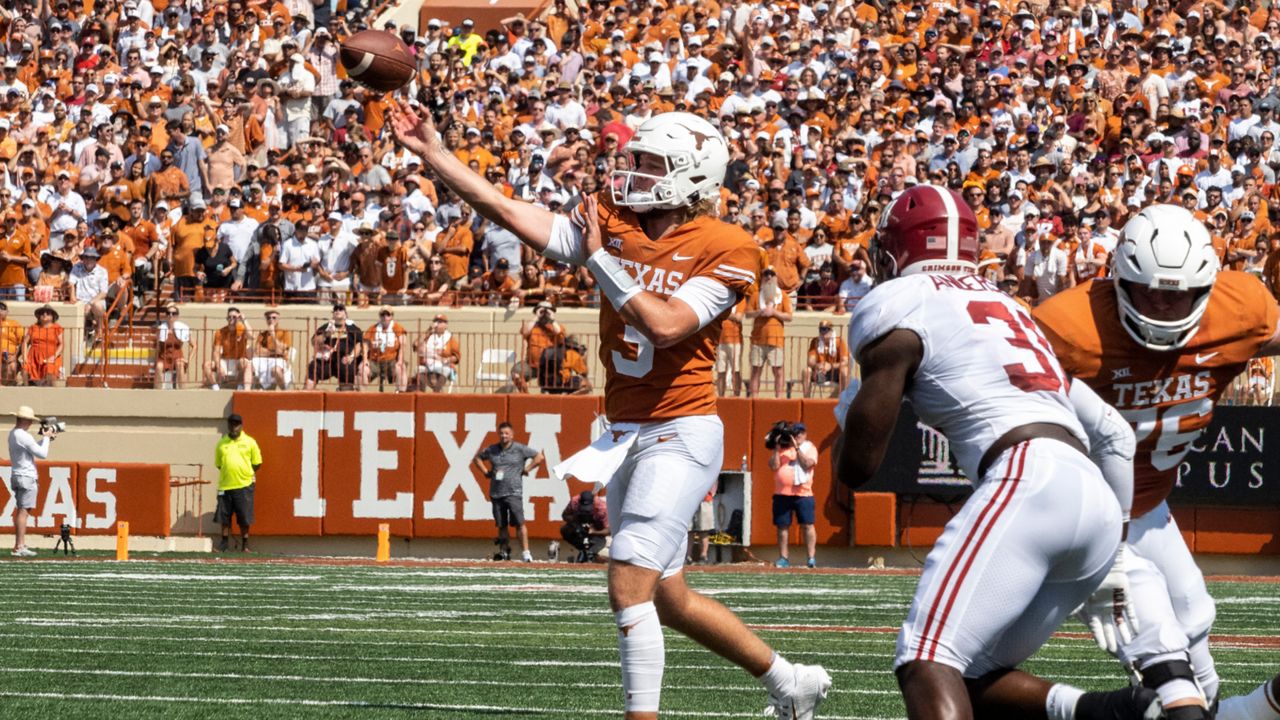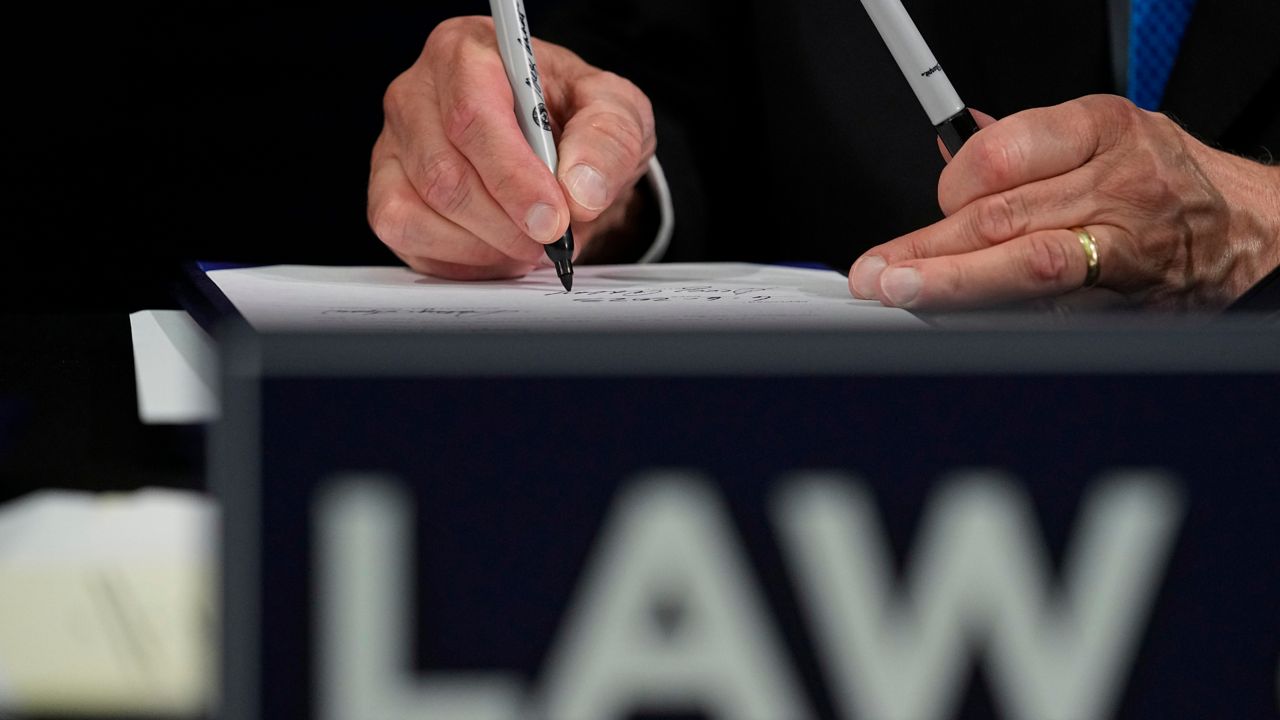SAN ANTONIO — The amateur rules that have been in place for college athletics are being eroded, and the University of Texas-San Antonio football coach Jeff Traylor has to adapt.
The challenge remains in that UTSA must navigate the new rules without being left behind.
“I don't want to be a dinosaur, so we better get with it,” Traylor said. “It has a real potential to put UTSA on a different level than some schools just because of our businesses.”
Businesses are now allowed to compensate his players. After years of discussion, new rules allowing NCAA student athletes to profit off their name, image and likeness went into effect on July 1.
“It's a lot, but young players right now can handle it,” Traylor said. “They'll be fine. I just think we got to do our part of educating them.”
That means talking about taxes, contracts and NIL law with this team, while not losing sight of why a student-athlete makes an attractive spokesperson.
"If we don’t keep the main thing… those businesses are not going to want anything to do with you,” Traylor said. “You have to be a really good football player, a really good student and a really good person. That's what businesses invest in.”
Like many schools across the country, UTSA planned for the change before it became official.
“We asked our student athletes at the end of spring semester, ‘How do you all want to utilize this? How can we support you in this?’" said UTSA athletic director Lisa Campos.
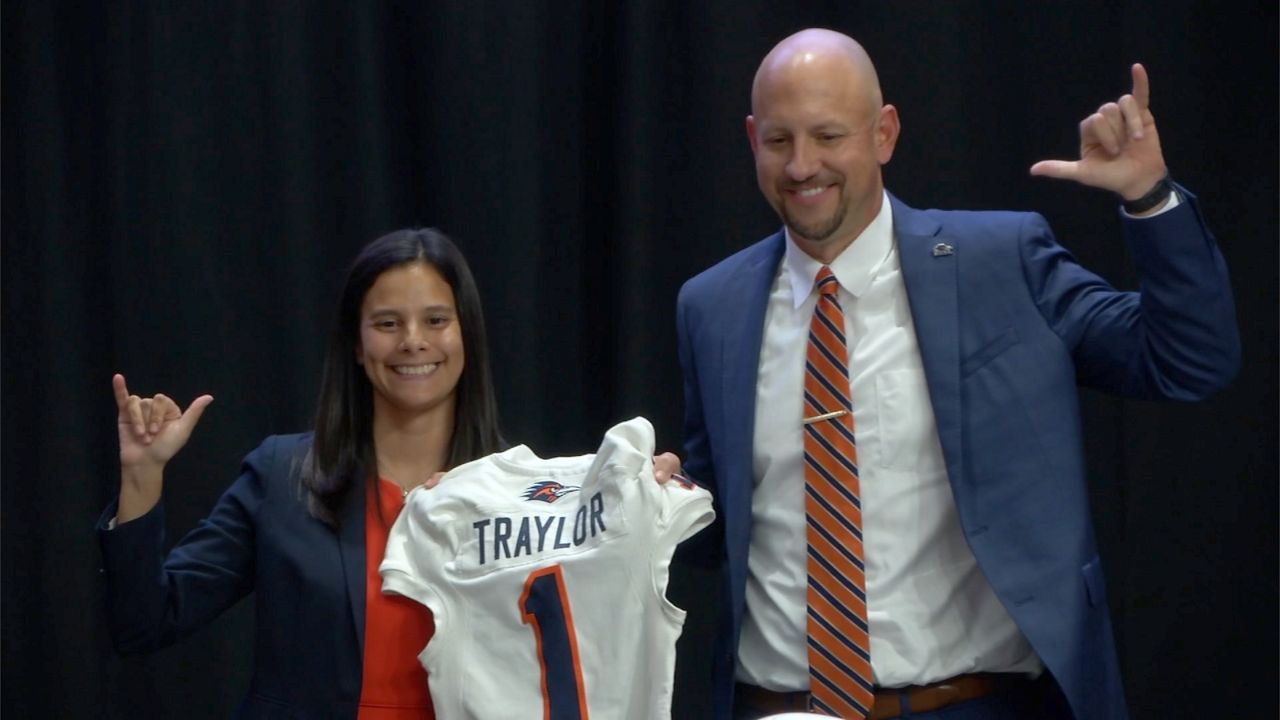
The athletic department started its “Runners Go Bold” program in June. It aims to educate student athletes on things like personal branding and business development.
“We want our student athletes to embrace this. We want them to be really successful in their NIL efforts,” Campos said. “But at the same time, we want them to be really knowledgeable about the do's and don'ts.”
Those standards change based on state law, for the time being. Campos said she hopes a federal bill is on the horizon, something Traylor also supports.
“We need somebody in charge who is looking out for everybody,” Traylor said. “I’m all about the free enterprise system, but sometimes you do need a governing body.”
A national standard that he believes should also permit coaches to be involved with deals for their players.
“To remove the coach from that, I think it's going to be tough for us to also maintain our locker room,” Traylor said.
A coach’s involvement in that area could potentially build a successful program, because winning on the field will translate to more name, image and likeness opportunities off the field.
“Who we say we are on a football field, we got to be that,” Traylor said. “If we worry about business deals too much and we don’t study and we don’t play football very well, all this brand, it will be right out the window.”
